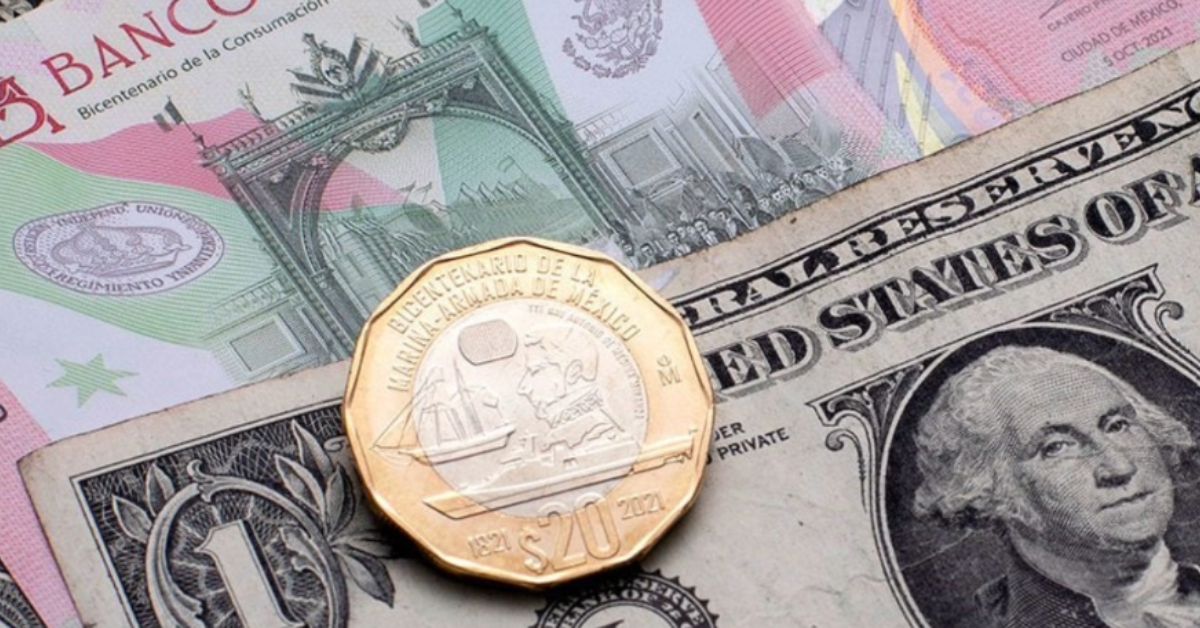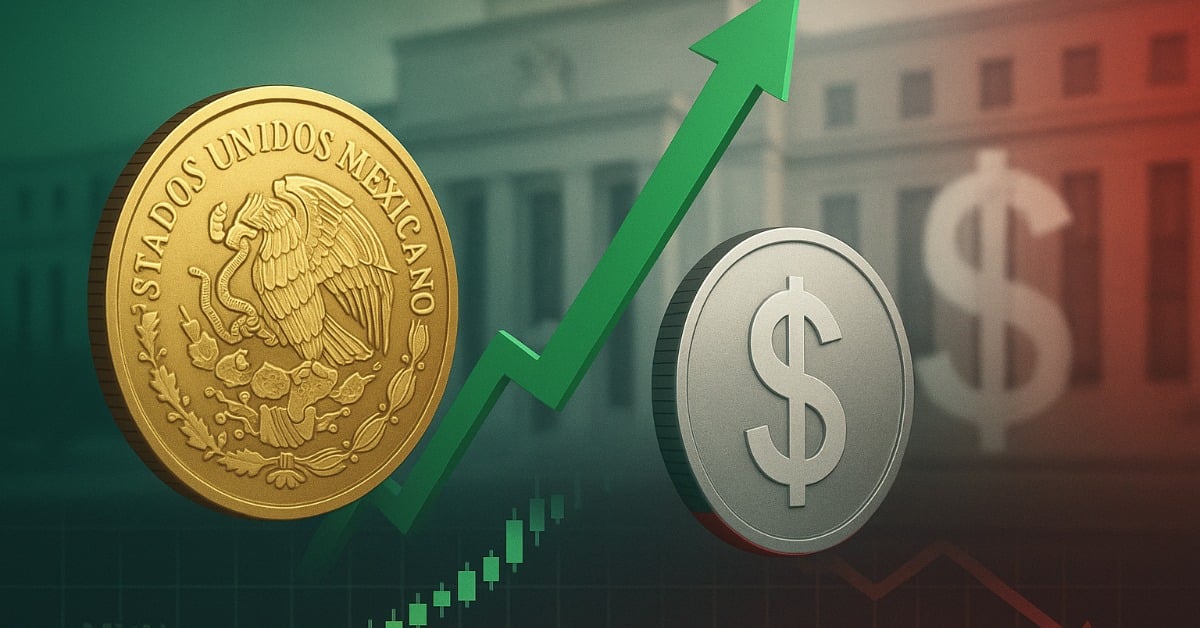The Mexican economy is poised for significant volatility as the United States concludes its presidential elections today. Analysts predict fluctuations in financial variables regardless of the election outcome, with the exchange rate expected to react first due to the uncertainty.
Exchange Rate Fluctuations Anticipated
The Mexican peso has already surpassed the 20 pesos per dollar mark, with short-term projections pointing to a rise up to 21.67 pesos. Analysts foresee the exchange rate stabilizing between 19.50 and 20 pesos by the end of the year.
"Given the contrasting policies . . .





